
Voice over IP (VoIP) has established itself as a ground-breaking technology that has fundamentally changed the way we communicate. By using the internet to transmit voice information, VoIP offers a flexible, cost-effective and expandable alternative to traditional telephone networks.
In this blog post, we will look at the key aspects of VoIP, from the technological foundations and how it works, to the benefits and challenges that this modern communications solution brings. Discover how VoIP has the potential to revolutionize both personal and business communications.
VoIP is changing voice communication over the internet in a positive way. It does not use traditional telephone networks such as PSTN or ISDN, which run over copper wires. Instead, the infrastructure of Internet-based networks is used.
The Internet Protocol (IP) has established itself as the standard, as it now also transmits voice information. It was initially only developed for the exchange of data packets in computer networks. It does not matter which end device is used for communication as long as there is an internet connection. This allows more flexibility.
VoIP works as follows: necessary information (voice and control information) is transmitted via a network that is also used for data transmission.
The transmission of voice over the Internet is made possible by converting audio signals into digital data. These are then sent as packets through the network.
Codecs can be either hardware or software-based and compress large amounts of data in order to optimize bandwidth usage, but this can have an impact on voice quality. In addition, DSL routers or VoIP-enabled cable modems are used to connect phones to broadband connections. This bypasses the traditional telephone networks. VoIP servers, broadband Internet access, a VoIP provider or gateway and VoIP devices are also required for use.
It has many functions, e.g. audio and video calls, voicemail, instant messaging, emails or SMS. VoIP also offers extended functions such as call recording, individual caller ID and voicemail-to-email. Consumers and companies therefore benefit from improved communication and additional functions.
Voice over IP brings with it a number of advantages, but also disadvantages that affect both businesses and private individuals.
Advantages:
Disadvantages:
Two main types of VoIP-enabled devices:
You should consider the following aspects when selecting VoIP devices:
When choosing VoIP devices, there are many reputable brands and reliable devices that are known for their quality and functionality. We offer a variety of VoIP devices including switches, firewalls and routers.
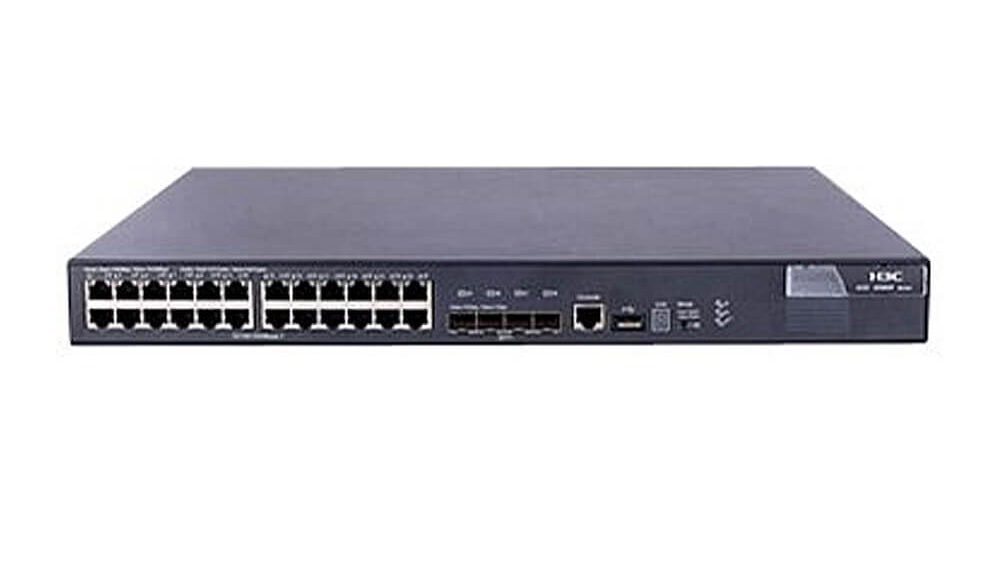
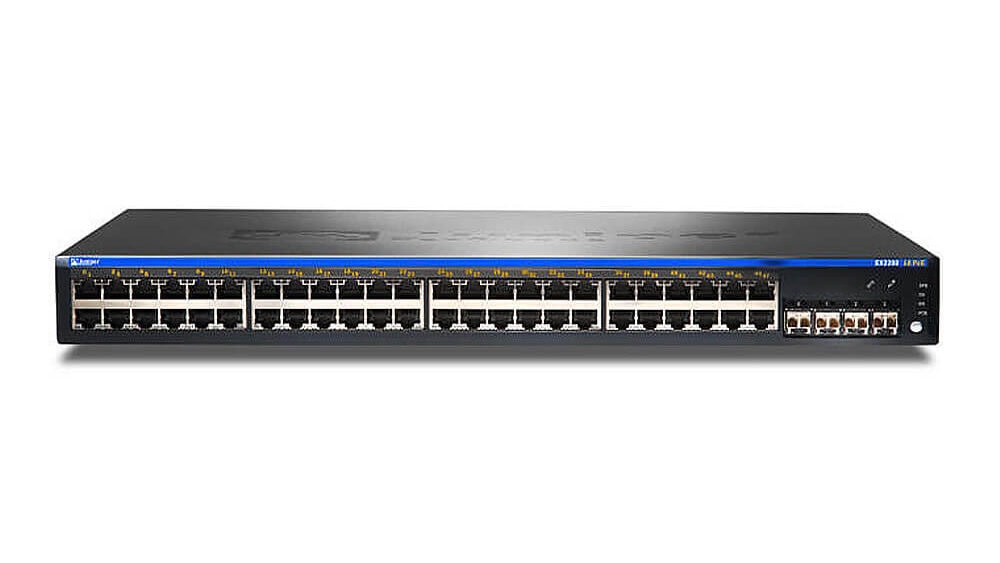
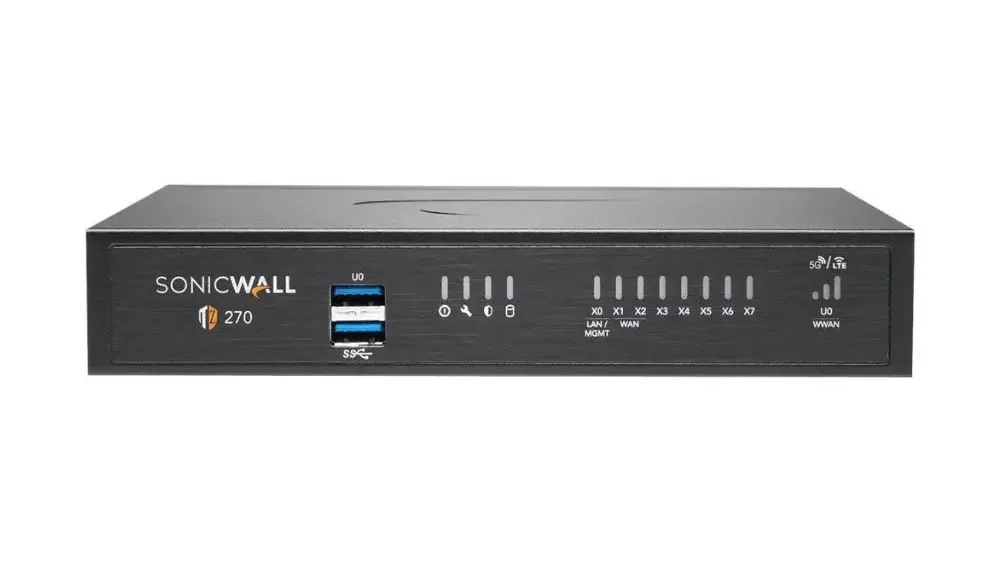
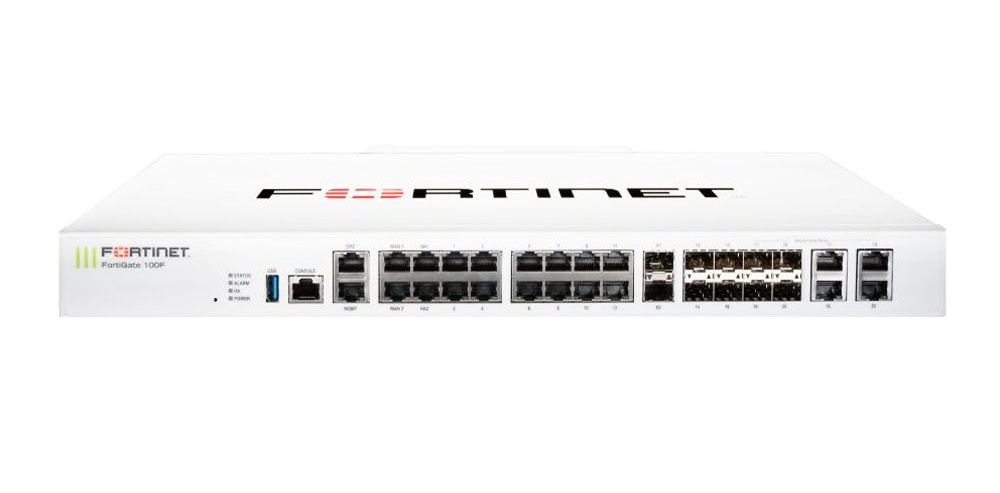
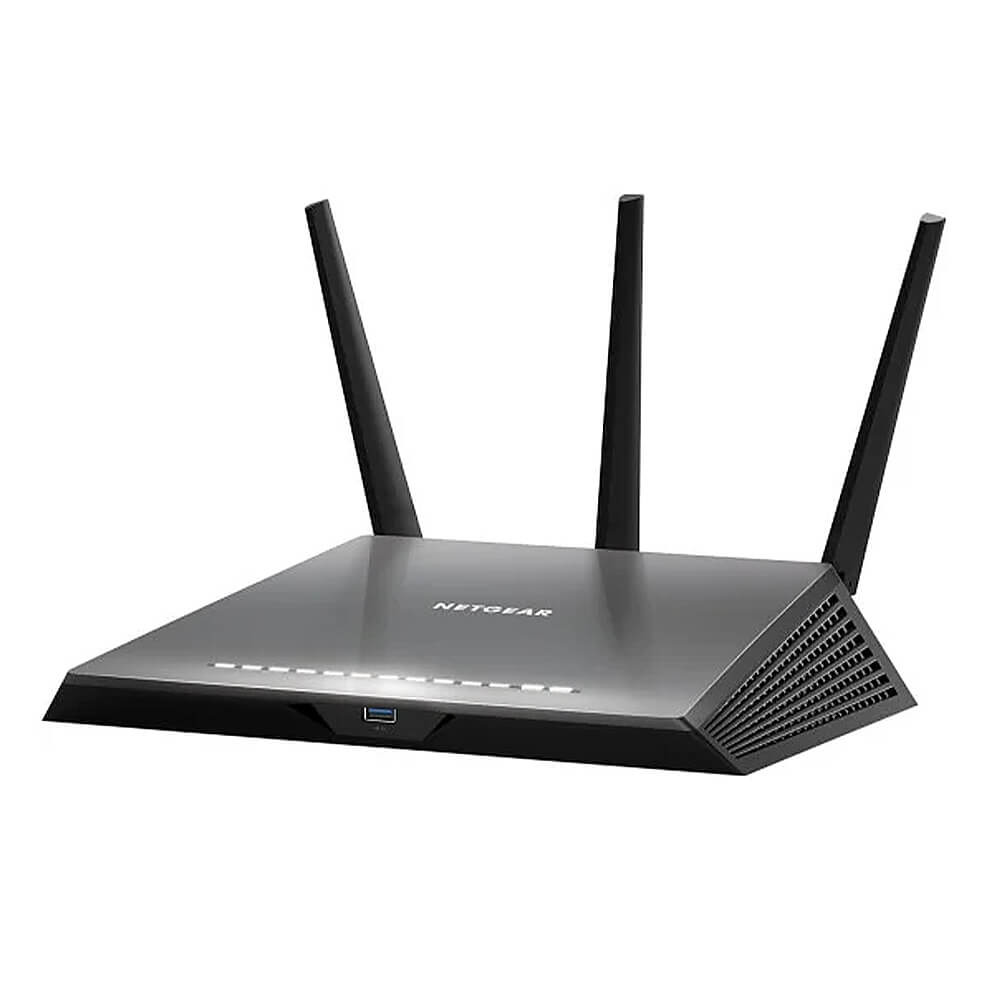
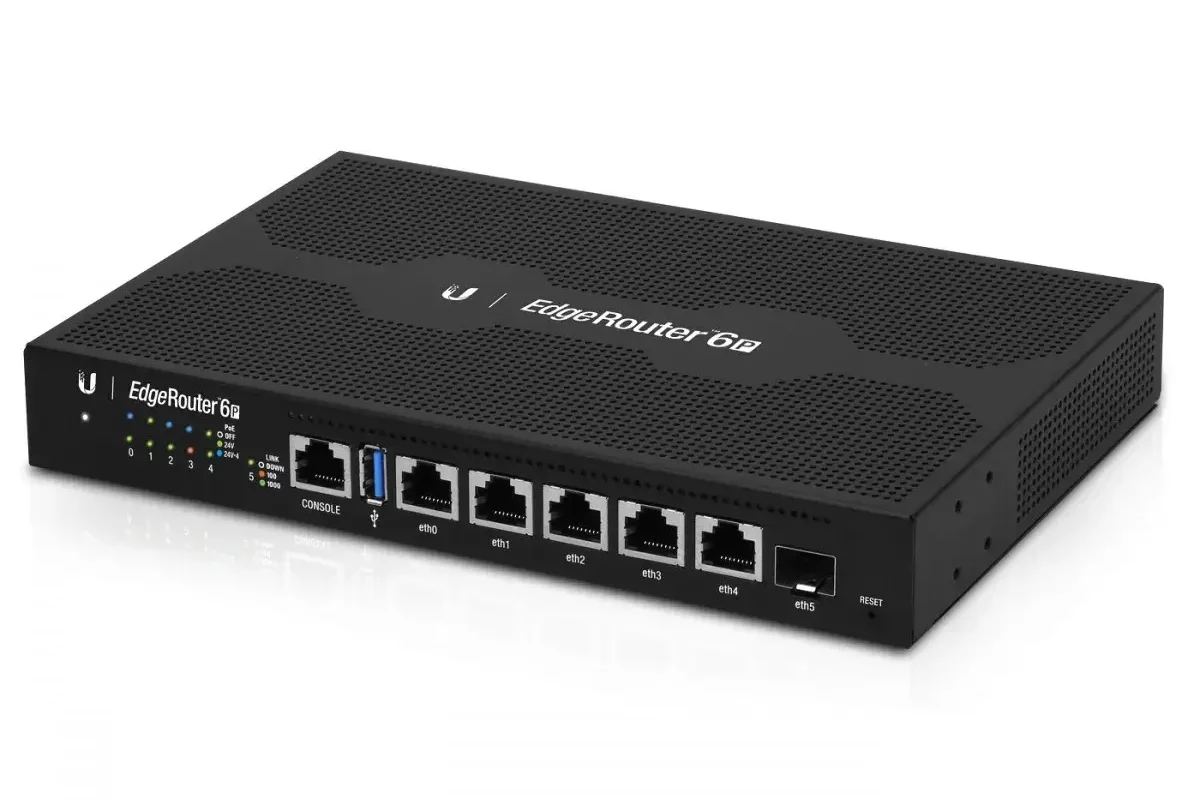
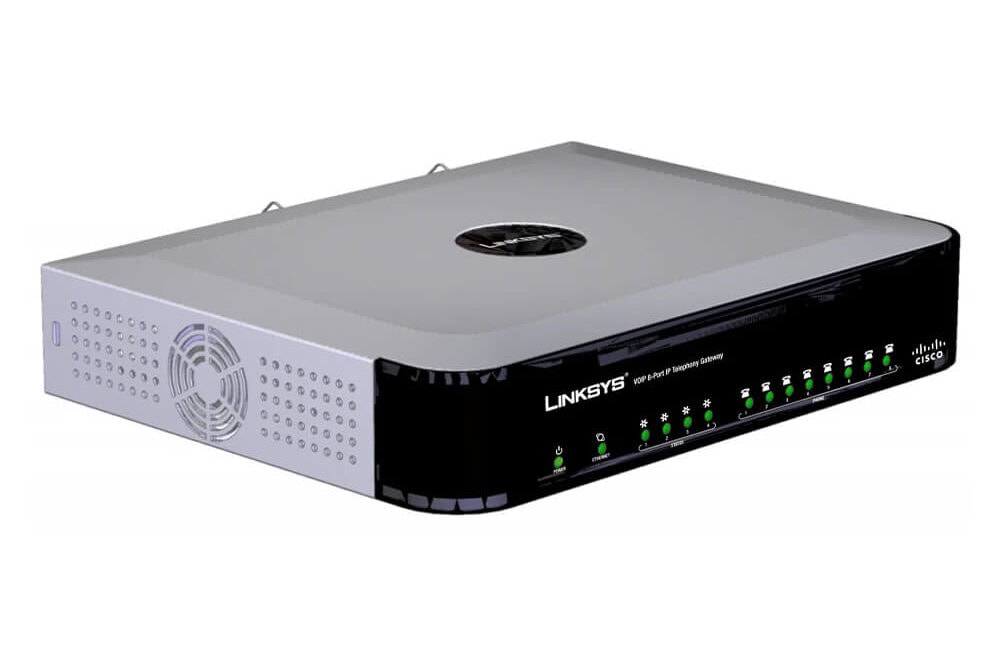
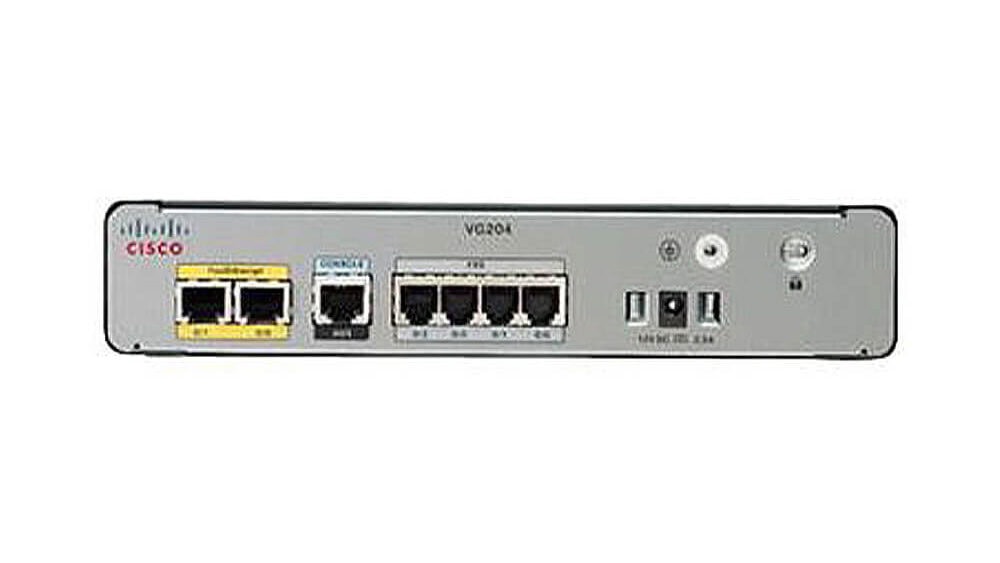
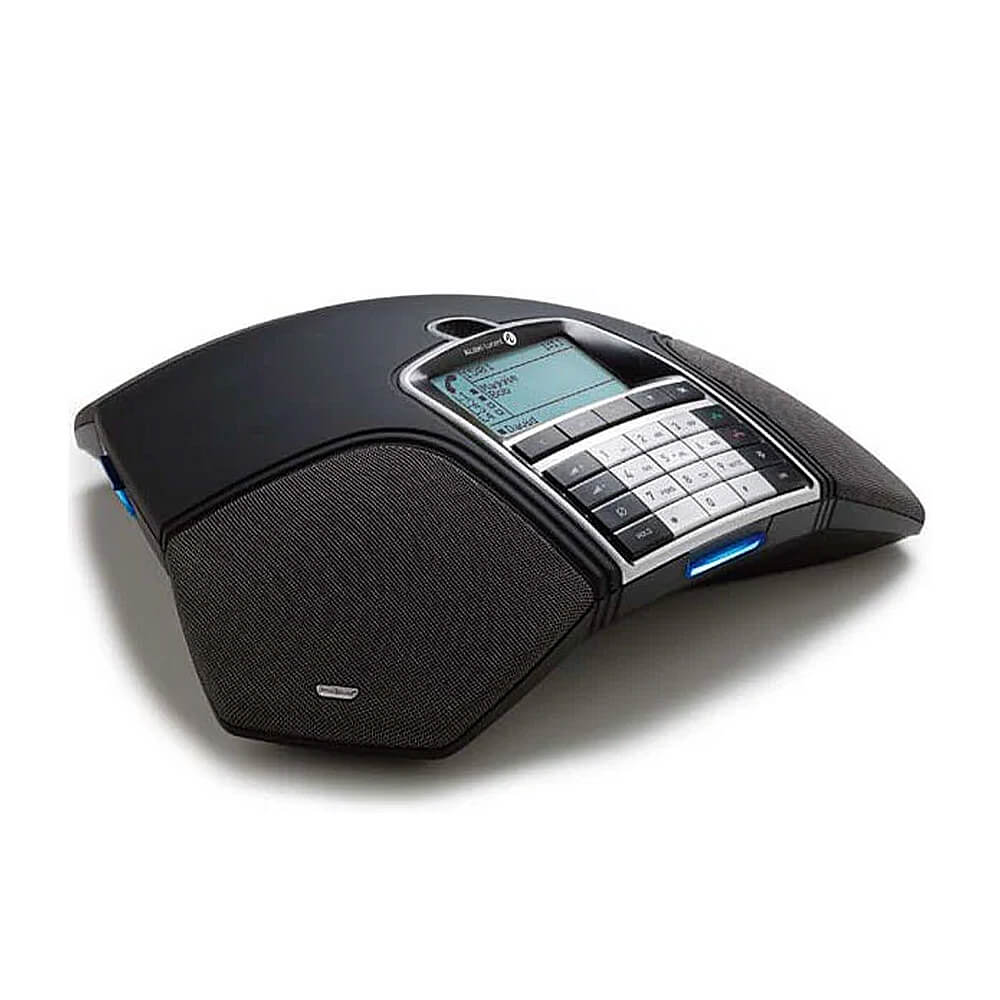
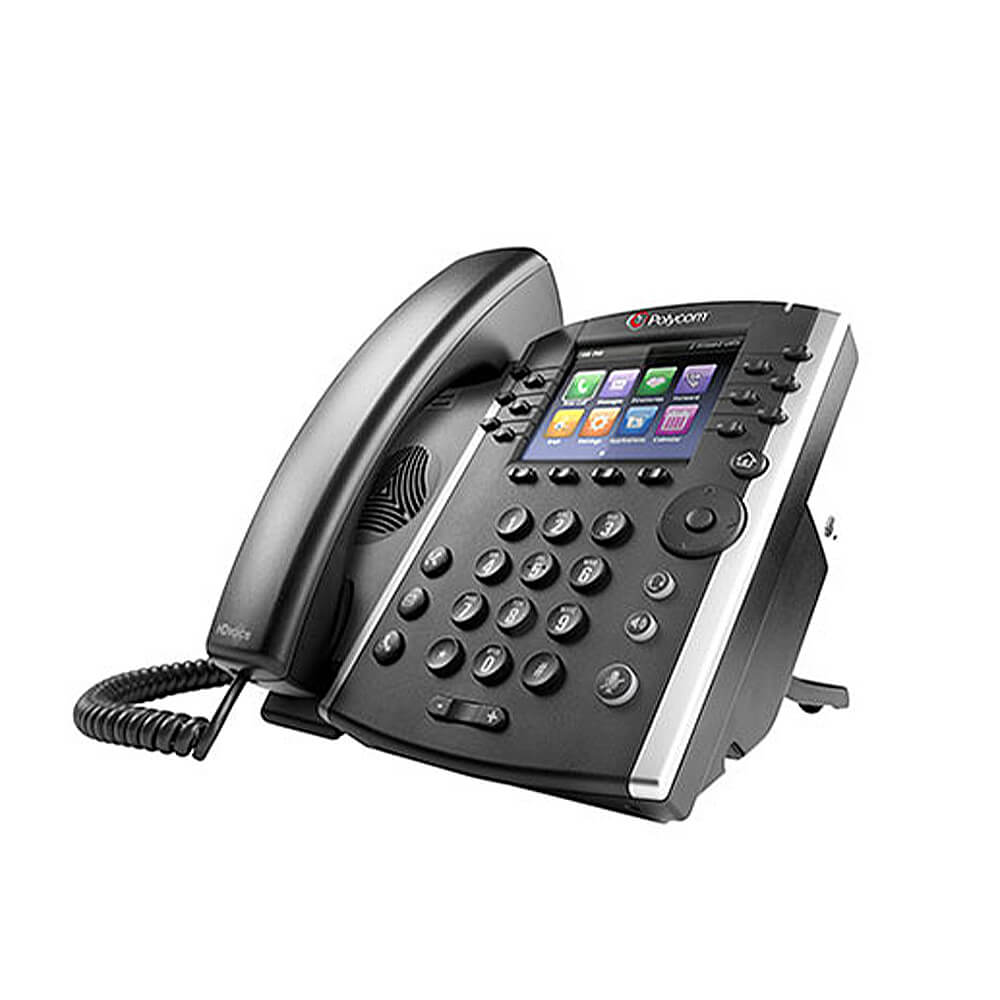
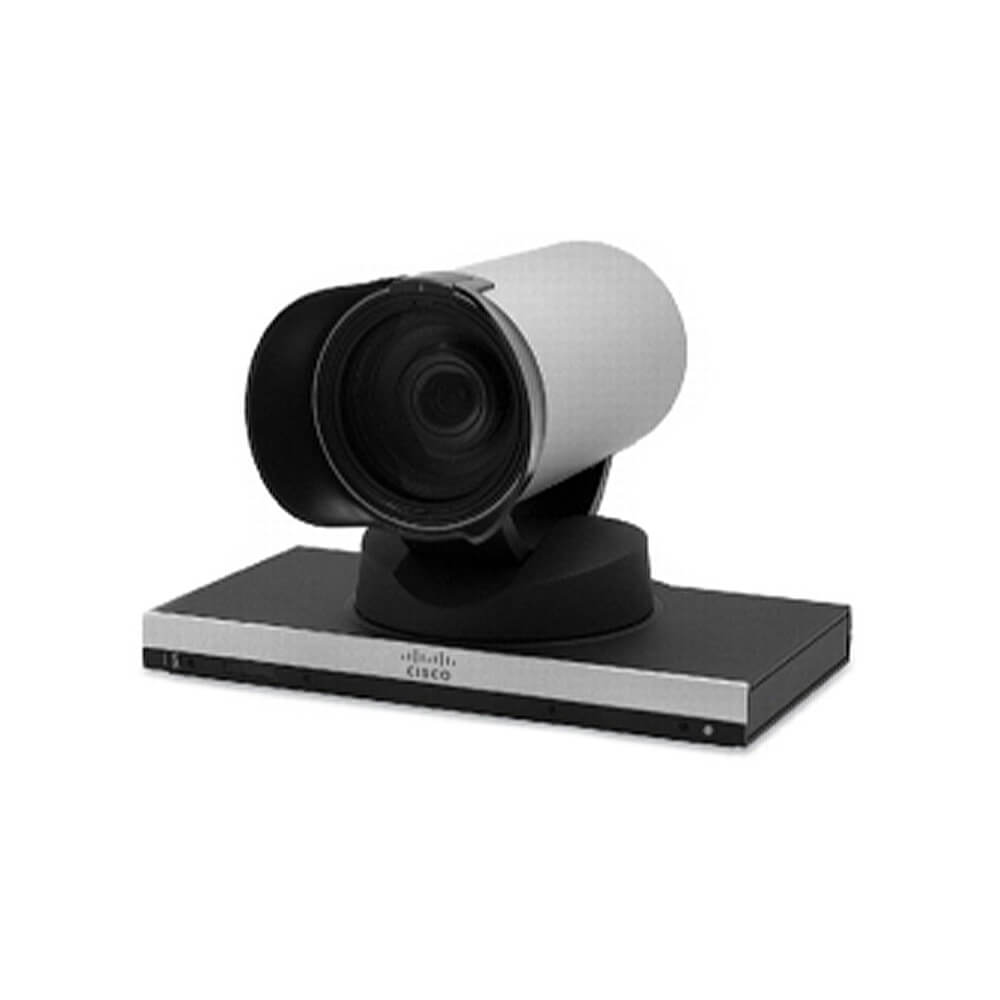
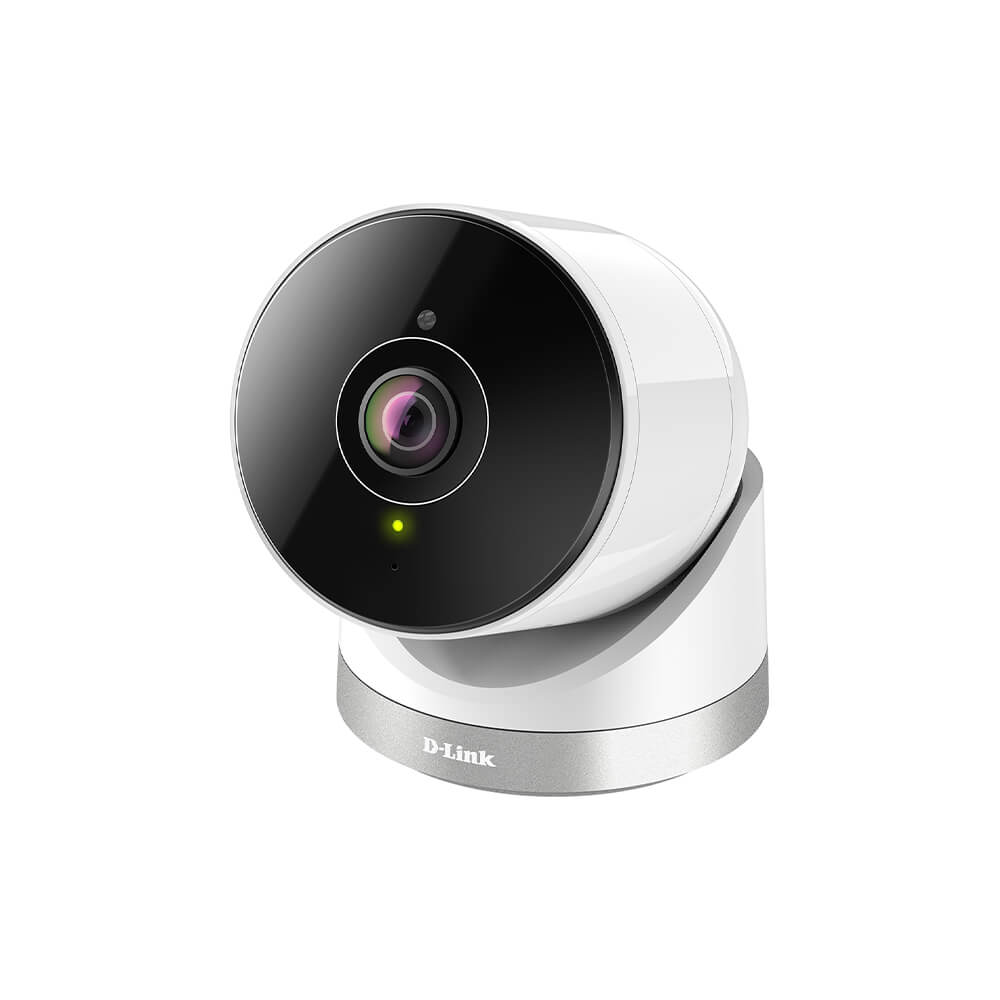
VoIP has revolutionized the way businesses communicate. With the ability to reduce costs, increase flexibility and provide a variety of advanced features, VoIP is a powerful solution for the telecommunication needs of businesses.
It enables more efficient use of existing infrastructure and provides a future-proof communications platform. Find out more about how you can expand your infrastructure in our blog post “Build IT infrastructure and benefit from improved processes”.
For companies, the introduction of VoIP means improved internal and external communication, increased productivity and ultimately better adaptation to the demands of the modern market. We support you in making optimum use of your existing hardware for IP telephony. Simply contact us via our contact form.
Voice over Internet Protocol (VoIP) is a technology that makes communication flexible, cost-effective and expandable. With the help of the internet, voice information is transmitted via the IP network, replacing traditional telephone networks such as PSTN or ISDN. The Internet Protocol (IP) has established itself as the standard, not only for the transmission of data packets in networks, but also for voice information. VoIP offers many functions such as audio and video calls, voicemails, instant messaging and emails, as well as advanced functions such as call recording and voicemail-to-email.
The basis for this is a stable Internet connection that enables flexible communication via any end device. VoIP takes place in three steps: First, audio signals are recorded at the microphone by codecs, digitised and compressed. The digital audio data is then packaged into data packets, assigned a destination IP address and transmitted via Ethernet or WLAN. In the final step, the data packets are received by the recipient, converted back into audio signals and output via a loudspeaker. These codecs are either hardware- or software-based and can compress large amounts of data. To use VoIP, you need a VoIP server, VoIP end devices, broadband Internet access and a VoIP provider or gateway.
VoIP telephony is secure or more secure than conventional telephony if it is configured correctly and encryption methods such as TLS (for signalling) or SRTP (for voice transmission) are used. Without encryption, attempts at eavesdropping or DDoS attacks can occur on the public network. Security may be compromised in unsecured networks, with outdated firmware on telephones or with weak passwords. It is therefore important to keep systems up to date and to use encryption protocols. Two-factor authentication, VPNs and regular updates further increase security.
VoIP can also be worthwhile for small businesses; the only important thing is to have a stable and fast internet connection. Compared to conventional telephone systems, VoIP can save costs because the acquisition costs are lower and no expensive hardware is required. In addition, VoIP is very flexible and can be used on various VoIP end devices, making it ideal for multiple locations in the office, at home or on the road. If the company grows, additional extensions can be easily added.